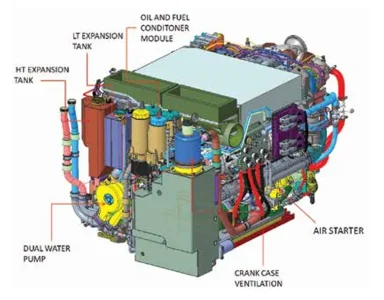The South Asian country has been ramping up efforts to increase domestic manufacturing of sophisticated weaponry
The Indian government has approved setting up a new missile testing center in Andhra Pradesh state along the country's eastern coast.
The proposal was cleared by the Cabinet Committee on Security (CCS) headed by Indian Prime Minister Narendra Modi last week, news agency ANI has reported. The timeline for the project, however, has not been disclosed.
The range, which will be built in the Nagayalanka region, will host test firing of "tactical missile systems like surface to air missile systems, anti-tank missiles and various other projects" developed by India, sources told ANI.
The announcement comes at a time when India's primary agency for developing and testing weaponry, the Defence Research and Development Organization (DRDO),
is at an "advanced stage" of developing a large number of new missile systems, the report noted.
This includes Very Short Range Air Defence Systems (SHORAD), designed to provide close air defense capabilities to protect ground forces and critical assets from aerial threats, man-portable anti-tank guided missiles, anti-tank guided missiles, quick reaction surface to air missile systems, and a vertically launched short-range air defense system.
At present, India's most notable missile testing facility is located on Dr. Abdul Kalam Island, formerly known as Wheeler Island, off the coast of eastern Odisha state. India-made missiles including the Agni, Prithvi,

, Astra and Nirbhay have been tested at the facility.
In May, India tested a new missile-assisted torpedo delivery system dubbed 'SMART' at the Odisha facility.
The next-generation delivery system is aimed at boosting the Indian Navy's anti-submarine warfare capabilities "far beyond the conventional range of lightweight torpedo," the Defense Ministry said in a statement.
The canister-based missile is able to travel up to 643km before releasing a torpedo into the water with a 20km range, armed with a 50kg warhead.
The South Asian power has been ramping up efforts to increase production of domestically developed weapons and boost exports to third countries. India has seen a ten-fold increase in military exports since 2017. Last year, its overseas arms sales stood at 210 billion rupees ($2.3 billion), and the target set by Prime Minister Modi's government is to increase this figure to 500 billion rupees. According to the Hindustan Times, India currently ships military hardware, including missiles, advanced light helicopters, offshore patrol vessels, personal protective gear, surveillance systems and radars to around 85 countries.
Last week, the Indian government also
approved the acquisition of two nuclear-powered attack submarines, estimated to cost around 450 billion rupees as part of a long-term strategy to counter China. Reports indicate however, that it will take 10-12 years to commission the first boat. Additionally, New Delhi has authorized a deal to purchase 31 armed MQ-9B Predator drones from the US for approximately $4 billion.
(
RT.com)
.......
Compact Electromechanical Actuators
Development of indigenous thrusters for Yard Craft (Indian Navy)
Development of High Purity Silicon Carbide source powder for the bulk growth of SiC single crystal
Deep-Tech for HPM Counter Measures and Protection
Development of a Digital Twin Framework for Aero Gas Turbine Engine Health & Usage Monitoring.

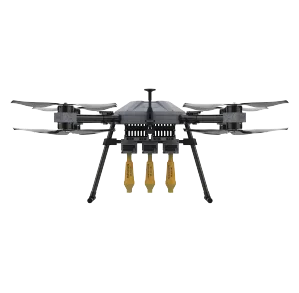
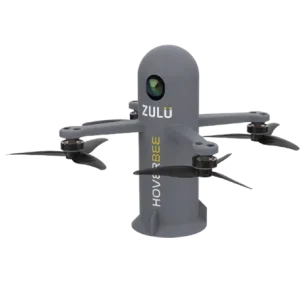
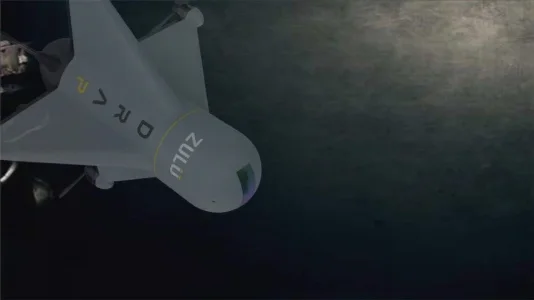
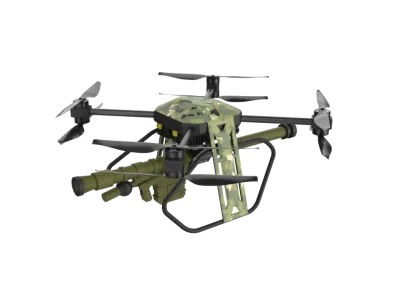
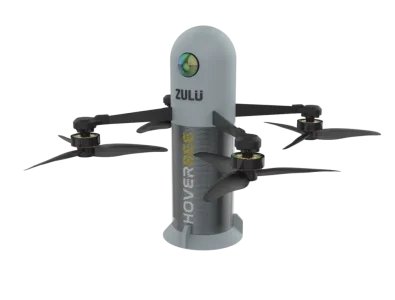


 , Astra and Nirbhay have been tested at the facility.
, Astra and Nirbhay have been tested at the facility.
